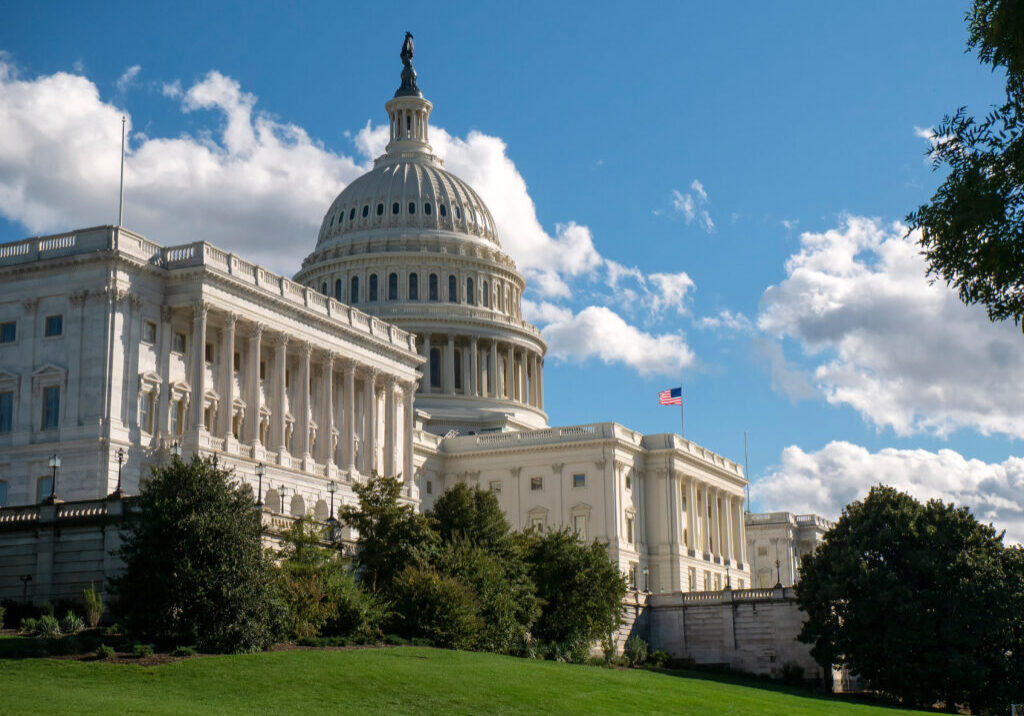The sweeping budget and tax plan moving through Congress aims to cut hundreds of billions of dollars from Medicaid, which covers 1 in 3 Louisianans. Among other damaging cuts, senators are looking to roll back provider taxes, which are an important financing tool that states use to fund health care services for people with low incomes. Greg Hilburn of the Shreveport Times reports on where Sen. Bill Cassidy currently stands on the reconciliation bill:
Cassidy said he is supportive of the House version of President Trump’s budget and tax bill that freezes the Medicaid provider tax for hospitals rather than the Senate provision that calls for more drastic reductions. “The House version seeks to slow (Medicaid) growth,” Cassidy said in a conference call with reporters. Cassidy, a medical doctor, said the Medicaid provisions in the Senate bill would cause a shock to providers that makes it more “difficult for healthcare systems to adjust.” Cassidy said the first version of the Senate bill “is a starting point” and said there are “ongoing negotiations in our own (Republican) caucus and with the House.”
Funding cuts hinder MAHA initiative in Louisiana schools
The United States Department of Agriculture recently terminated two programs that provided schools with federal funding to buy local foods and paid farmers to provide fresh, minimally processed foods to schools. The Times-Picayune | Baton Rouge Advocate’s Josie Abugov explains how these moves will hinder efforts included in Senate Bill 14, a broad nutrition bill by Louisiana state Sen. Patrick McMath:
For McMath, access to local food – such as through the Biden-era program that the Trump administration cut – is central to the MAHA movement. … [Health and Human Services Secretary Robert F.] Kennedy is set to visit Louisiana on Friday for a “MAHA LA official bill signing.” McMath said bringing back the farm-to-school program is the first thing he’s going to talk to the health secretary about. “The further away from a farm you are, the less nutrient rich the food,” he said. “You have to have this local farm infrastructure built in – harvesting lettuce in the morning and hitting kids’ plates at lunch.”
Uncertainties for state budgets
Louisiana relies on federal government dollars to deliver important services to its residents. In 2023, more than half of the state’s revenue (50.1%) came from federal funds, including ongoing pandemic-era aid and infrastructure funding. But as the federal government pulls back, the state could face large budget shortfalls in coming years. Pew’s Rebecca Thiess, Samuel Pittman and Justin Theal explain how Louisiana and other states should prepare:
Even though some federal actions face legal challenges, the uncertainty alone can delay decisions and cloud budget forecasts. To better manage these risks, states can use budgeting tools, particularly long-term budget assessments and stress tests, to evaluate their exposure to federal shifts, assess whether their savings are sufficient to weather short-term gaps, and map out response plans. These analyses should be updated regularly to reflect evolving fiscal conditions.
Hiring challenges of American manufacturers
A key objective of President Donald Trump’s tariff policies is to have companies build more factories in the United States and create more jobs for American workers. But there aren’t enough workers to fill the nation’s current manufacturing demand. According to the Bureau of Labor Statistics, there are about 400,000 factory jobs that are unfilled. The New York Times’ Farah Stockman explains the hiring challenges of American manufacturers:
The president’s crackdown on immigration, which includes attempts to revoke deportation protections for migrants from troubled countries, may eliminate workers who could have filled those jobs. Many Americans aren’t interested in factory jobs because they often do not pay enough to lure workers away from service jobs that may have more flexible schedules or more comfortable working environments. … The country is flooded with college graduates who can’t find jobs that match their education, [Ron] Hetrick said, and there are not enough skilled blue-collar workers to fill the positions that currently exist, let alone the jobs that will be created if more factories are built in the United States.
Number of the Day
35.9% – Percentage share of Medicaid enrollees in 2022 who were children. (Source: Pew Research Center)
